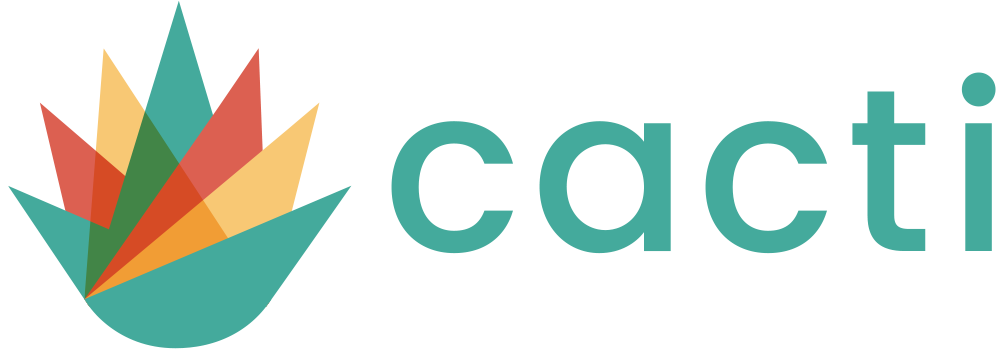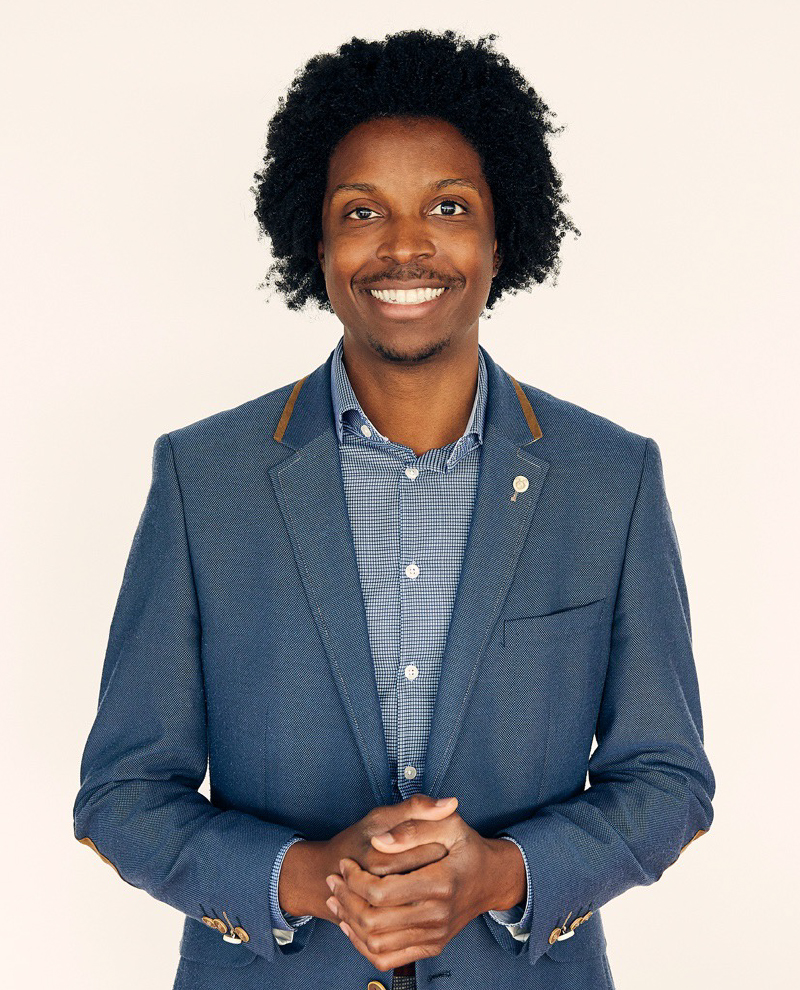ND diagnosis or self-identify as:
ADHD.
Current job title:
CEO and co-founder of Start Codon.
What does your job involve?
This helps translate ground-breaking innovations into successful start-up companies revolutionising therapeutics, diagnostics, medtech and digital health. My day job involves helping a diverse range of founders develop their business plans, build teams, hone their pitch, connect with strategic partners, and secure additional investment for their start-ups.
Degree/apprenticeship or route to current job:
BSc in Chemistry and Molecular Biology, PhD in Medicine, worked as an innovation consultant, technology transfer professional for the University of Cambridge, built and lead a start-up (Cambridge Epigenetix), now an investor and venture builder via Start Codon.
What were your challenges in school?
I had a love/hate relationship with school because my way of thinking didn’t fit with the norm – generally performed well in classes that involved logic, reasoning and creativity because I find it easy to think outside of the box and was therefore drawn to STEM and the arts.
However, I really struggle with names, dates, and multiple choice which can overwhelm and confuse me – hence I avoided History class like the plague!
What strategies/ assistive technology do you use to help you in your work?
I find it’s harder for me to focus / study if the room is too quiet or there isn’t enough stimulation, so I play music and keep ‘fidgeting’ objects like Lego blocks around to help me focus. Email inboxes are my worst nightmare as I jump from one message to the next and can quickly become lost, so I ask my colleagues and collaborators to message my phone if they really need to grab my attention or even better, schedule a meeting so we can work on it together in real time!
I draw immense satisfaction from ‘getting things done’ rather than putting them off until later. I’m easily bored and distracted so it may never be accomplished otherwise. Completing high-priority tasks immediately and efficiently (with help from others as required) is my strategy for ensuring important things don’t fall off my plate.
What ND skills have allowed you to succeed (or progress) in your STEMM career?
My unorthodox mind helps me spot beneficial synergies where others may not, particularly across different fields or between strangers who have not yet connected. I enjoy starting new things, which is ideal for entrepreneurial activities.
Focussing on getting tasks completed immediately and efficiently (because otherwise I’ll forget) has helped me achieve several key milestones. My motto is to never let perfection be the enemy of good enough.
What advice would you give your younger self?
Self-awareness is critical to managing in life if you are neurodivergent and becomes increasingly important if you take on high-pressured roles. You can develop some self-awareness alone, but you can only make real progress with help. Asking for help isn’t giving up. It is refusing to give up. The biggest lesson I’ve learned from counselling so far is that not everything needs to be understood and fixed. I argued against that suggestion for a long time but once I accepted it life has become a lot more manageable.
Being neurodiverse is your superpower; don’t let your anxiety or the bullies convince you otherwise.

